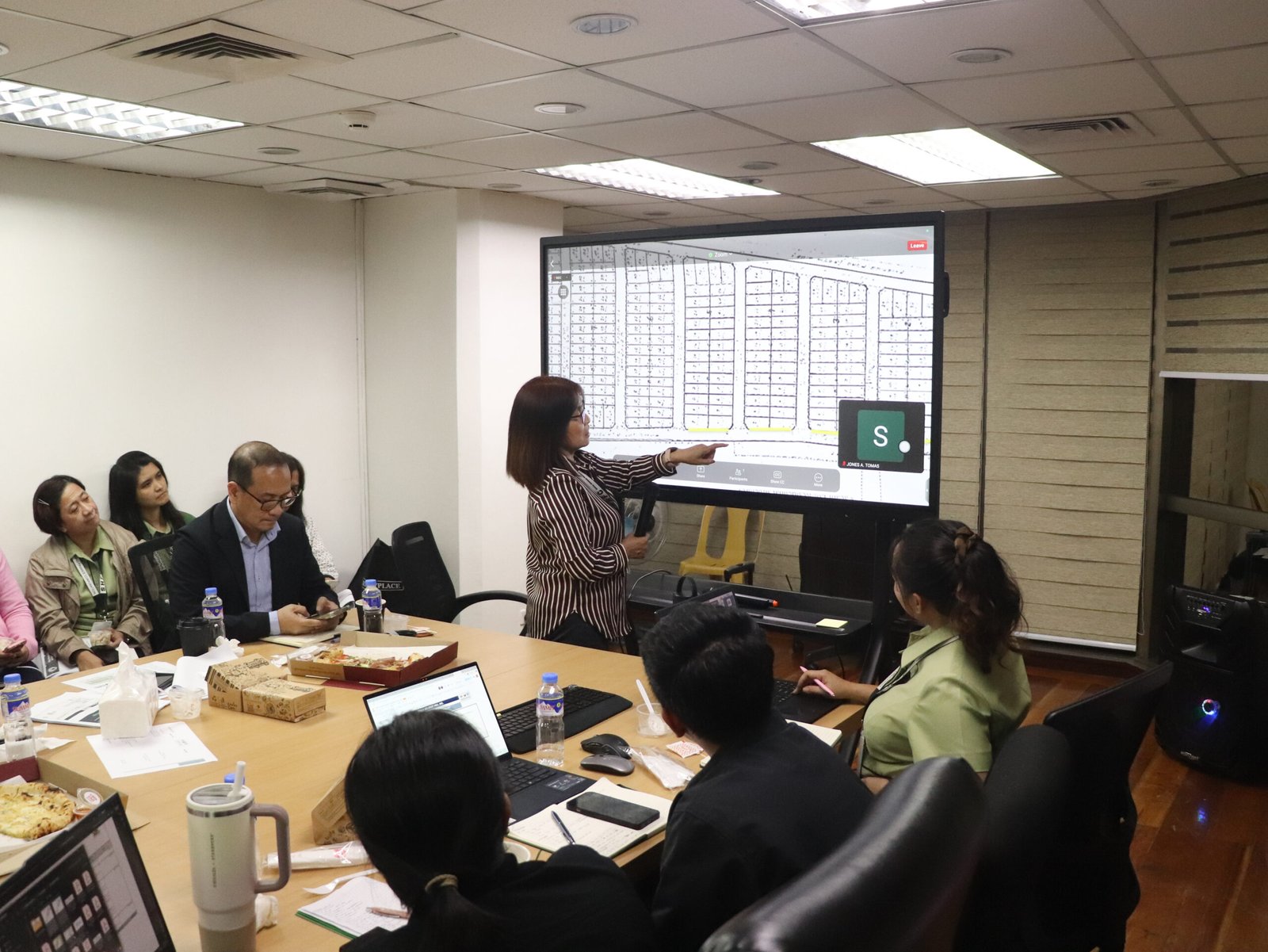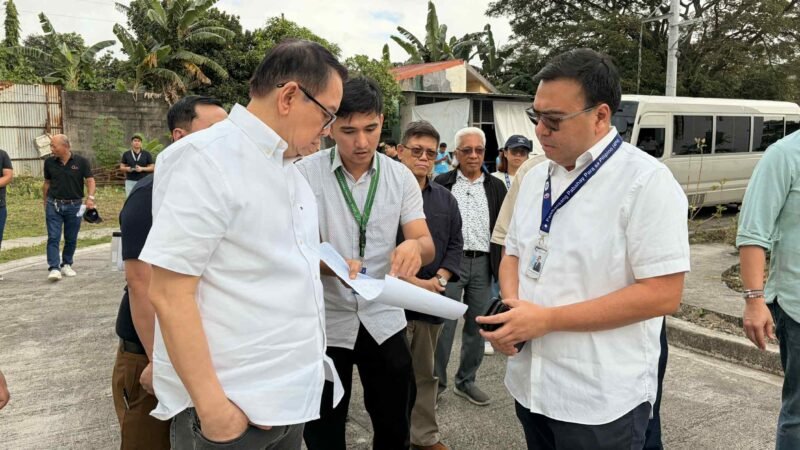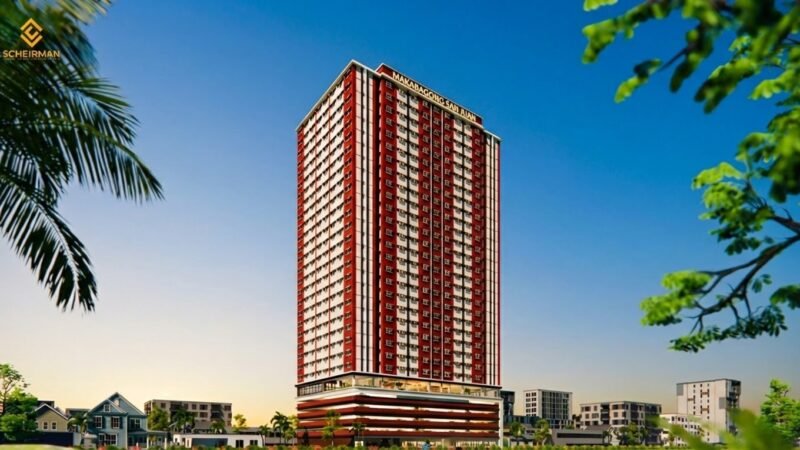SHFC approves 19 ECMP projects to benefit 3,400 families nationwide

The Social Housing Finance Corporation (SHFC) has now approved a total of 19 Enhanced Community Mortgage Program (ECMP) projects nationwide, providing secure housing opportunities to more than 3,400 families across the country.
This milestone was achieved with the approval of seven ECMP projects this month of September, marking steady progress in expanding the program since its launch in July.
Led by SHFC President and CEO Federico Laxa, together with members of the Credit Committee, the approvals underscore SHFC’s commitment to fast-tracking housing solutions in support of President Ferdinand Marcos Jr.’s Expanded Pambansang Pabahay para sa Pilipino (4PH) Program, being implemented by the Department of Human Settlements and Urban Development (DHSUD) under Secretary Jose Ramon Aliling.
“We are on track in reviewing and approving ECMP projects as our commitment to President Marcos Jr.’s housing agenda,” said Laxa after the approval of the ECMP application of Villa Soledad Homeowners’ Association, Inc. (HOAI) in Barangay Pinagbuhatan, Pasig City on September 17. He added that SHFC continues to work closely with partner communities to ensure that more families gain access to decent and affordable housing.
Newly approved projects highlight nationwide expansion
The other newly approved projects include communities of Pagkakaisang Maralita ng Antipolo Phase II HOAI in Antipolo, Rizal; Msgr. Eddie L. Eleazar Village HOAI in Tagkawayan, Quezon; Don Vicente Villas HOAI Phase 8 in Cabuyao City, Laguna; Zone 5 San Juan Bautista HOAI and San Roque Block 7 Resettlement HOAI in Tarlac; and Ylagan Ville HOI Phase 1 in Calapan, Oriental Mindoro.
Moving forward, SHFC expects to approve more ECMP projects in the coming weeks, in line with DHSUD’s directive to award lots to the initial batch of about 5,000 beneficiaries by October.
Transformative approach integrates services and livelihoods
As part of its transformative approach to ECMP, the agency is supporting communities not only in gaining improved access to essential services such as water, electricity, and drainage, but also in providing livelihood and skills training to foster sustainable growth.



